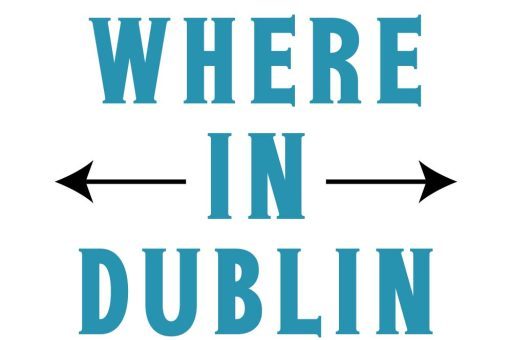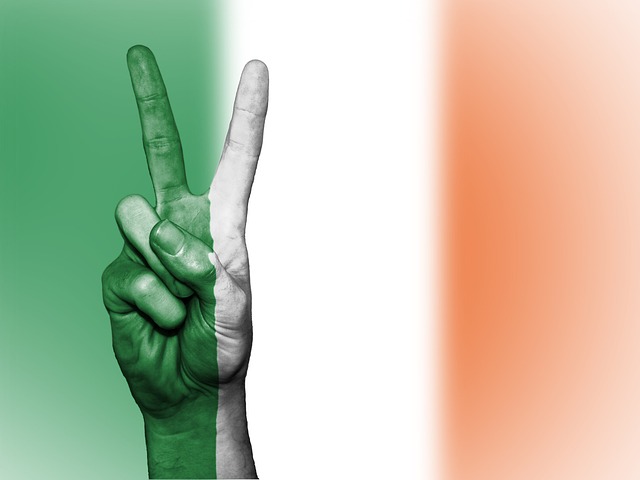When it comes to countries, borders, and politics, things can get confusing fast. One of the questions I hear most often is: “Is Ireland part of the UK?” From my own personal experience, this is a topic that trips up a lot of people, even those who follow world news closely. Let’s break it down in simple, clear terms and explain not just the “yes” or “no,” but also the history, politics, and culture that make this question more complex than it seems.
Let’s Understand Ireland and the United Kingdom
To answer this question, it’s important to know what the United Kingdom is. The United Kingdom (UK) is officially called the United Kingdom of Great Britain and Northern Ireland. It includes:
- England
- Scotland
- Wales
- Northern Ireland
Notice that Northern Ireland is part of the UK, but the rest of Ireland is not.
Quick Geography Check
Northern Ireland: Part of the UK, located on the northeastern part of the island of Ireland.
Republic of Ireland (Ireland): A completely independent country covering most of the island.
So, geographically, Ireland refers to the whole island, but politically, it’s divided into Northern Ireland (UK) and the Republic of Ireland (independent). This is the first key piece of the puzzle.
The Historical Context
Understanding history is crucial here. Ireland’s relationship with Britain goes back centuries. From my own personal experience, learning the history helps make sense of the political lines that exist today.
Early History
Ireland was largely independent until the 12th century when parts of it came under English control. Over the next few centuries, English influence expanded, creating tension and conflict with the local population.
The Partition of Ireland
In 1921, after years of struggle and political negotiations, the island was divided:
Northern Ireland stayed part of the United Kingdom.
Southern Ireland eventually became the Republic of Ireland in 1949, officially leaving the British Commonwealth.
This partition is why today we have one island but two different political entities.
Current Political Status
The Republic of Ireland is an independent country with its own government, laws, and currency (Euro). Northern Ireland, on the other hand, uses the British Pound and is governed by the UK government.
Brexit and Its Impact
Brexit added another layer of complexity. Northern Ireland now has special arrangements with both the UK and the EU to manage trade, borders, and regulations. From my own personal experience, this has caused a lot of confusion for travelers and businesses trying to understand whether Ireland and the UK are treated the same.
Cultural Differences
Even though Northern Ireland is part of the UK, culturally there are some shared elements with the Republic of Ireland, such as:
Language (English is common, Irish/Gaelic is used more in the Republic)
Music and dance traditions
Food and celebrations
At the same time, Northern Ireland also shares political and cultural ties with the rest of the UK.
Common Misconceptions
“Ireland is in the UK” – Only Northern Ireland is.
“All Irish people are against the UK” – Many people in Northern Ireland identify as British or Irish, and some even both. Identity is personal and varies widely.
“Ireland and Northern Ireland are the same country” – This is false; politically and legally, they are separate.
How to Explain It Simply
If someone asks, “Is Ireland part of the UK?” the simplest answer is:
No, the Republic of Ireland is an independent country.
Yes, Northern Ireland is part of the UK.
It’s like one island, two different governments. Once you understand that, everything starts to make sense.
Travel Tips for Visitors
If traveling to Ireland, the distinction matters:
Visas and Border Control: Republic of Ireland follows EU rules, while Northern Ireland follows UK rules.
Currency: Euro in the Republic, Pound in Northern Ireland.
Driving Rules: Driving on the left in both regions, but road signs may differ.
From my own personal experience, crossing between the Republic and Northern Ireland is usually seamless, but it’s helpful to know the political and cultural differences before going.
Why the Confusion Persists
The confusion comes from history, geography, and politics mixing together. Maps often just say “Ireland,” which can mislead people. News reports may mention Ireland and Northern Ireland without clarifying the distinction. And finally, cultural identity is complicated, some people feel Irish, some British, some both.
Conclusion
So, is Ireland part of the UK? The short answer: Only Northern Ireland is. The Republic of Ireland is an independent country.
From my own personal experience, understanding this distinction requires looking at history, politics, and culture all at once. It’s not just about borders, it’s about centuries of shared and contested history that shaped the way the island is divided today.
Knowing this can save confusion, improve your travel planning, and help understand news about Brexit, cultural events, and international relations in the region.


